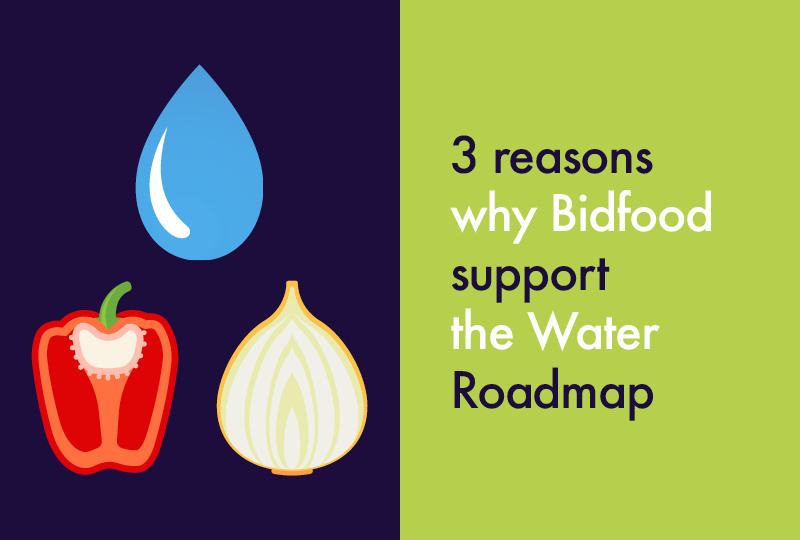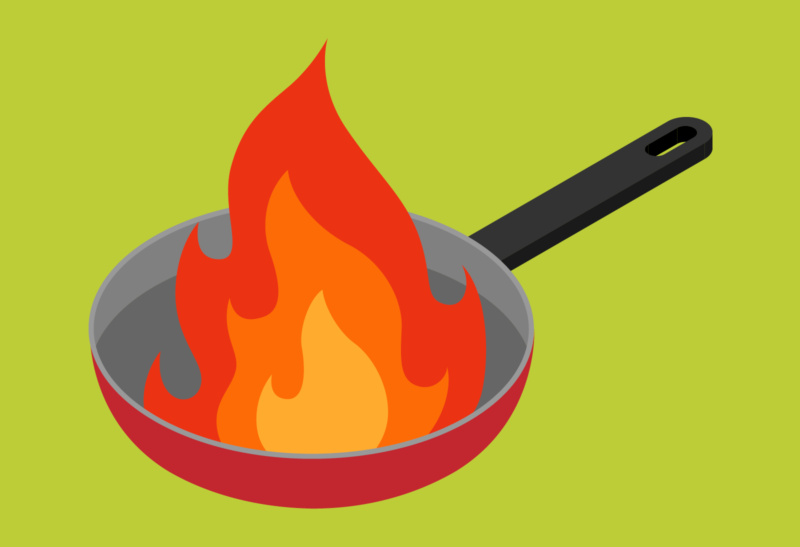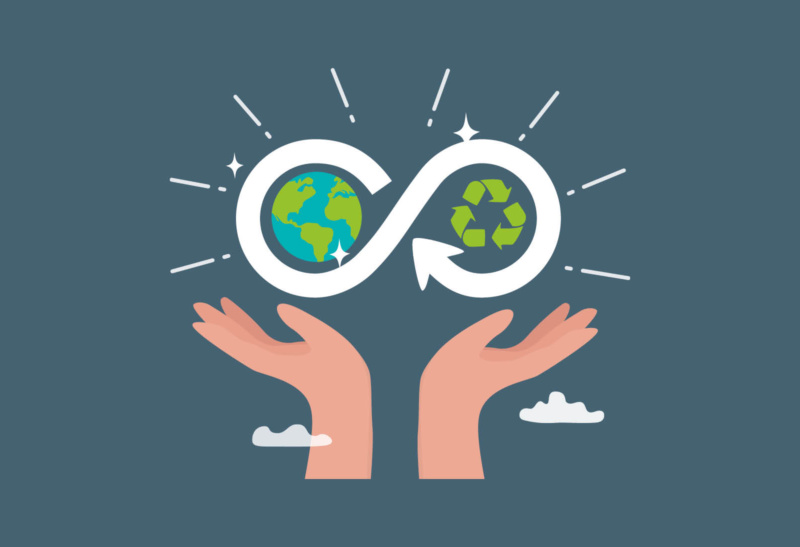We see this roadmap as a key mechanism that will help us achieve the new Courtauld 2030 water target. The overall target is for 50% of fresh food to be sourced from areas with sustainable water management by 2030.
Here are 3 reasons why we support WRAP’s Water Roadmap:
1) The Water Roadmap sets out a vision that’s important to all of us in the food supply chain
The Water Roadmap sets out a vision and key pathways towards addressing the challenges we face in protecting vital water resources for food supply, for nature and for local communities.
It’s a joint vision for the whole UK food and drink industry which will help us deliver UN Sustainable Development Goal 6 (i.e. available and sustainable management of water and sanitation for all). It will also contribute to improving biodiversity and to Net Zero goals.*
As a wholesaler, we aren’t involved in the cultivation or manufacture of the food we sell, but we do understand the key role that water plays in the global food system.
Water is an essential resource for sustaining life, yet its quality and reliability are increasingly threatened by climate change and human activity.
2) Research is key to understanding where to direct efforts
Due to the risk to our food supply chain, we’ve joined with other food wholesalers and manufacturers to collectively fund research into water scarcity in Southern Spain, a key growing area for fresh produce sold in the UK.
The aim of this research is to identify what collective action can be taken at catchment level to protect the quality and availability of water in Southern Spain.
In the UK, except for the occasional summer hosepipe ban, we’re fortunate enough to be able to regard water as cheap and plentiful; but the cheap cost doesn’t reflect its huge value to us, and climate change means we can’t always take it for granted.
It’s easy to underestimate the water challenges in the global food supply chain. Adequate irrigation with unpolluted water is essential for crops and livestock, yet the way much of our food is produced directly affects water catchment and storage.
For example, deforestation means water is less likely to reach underground aquifers, so groundwater is diminished and greater run-off means floods are far more likely.
Water is part of an interconnected system with many inter-dependencies that are poorly understood. It’s a shared resource, it’s seasonal, geographically very variable, and crucially, increasingly provided by nature in either excessive or insufficient quantities, so wetter areas will get wetter and drier areas drier as our climate changes.
3) What it means for Bidfood
Bidfood are not a huge water user in the UK (we use it mainly for vehicle washing and office sanitation), but we report annually on both consumption and savings achieved via rainwater harvesting mechanisms.
In summer 2021 we have an internal water awareness campaign planned, as we aim to engage employees in water saving and awareness.
As organisations prepare for mandatory TCFD reporting (Taskforce on Climate-related Financial Disclosure) we will need to report on both action taken to mitigate the effects of climate change as well as action taken to conserve and protect water in our supply chains and operations.
We see WRAP’s roadmap as a crucial piece in the jigsaw toward sustainable supply chains that can adapt and flex in response to a changing climate.
We hope to see other organisations join this collective commitment and action.
If you’re interested in finding out more about the Water Roadmap, there’s more information that can be found here.
* For more details on the target please see Reducing water stress | WRAP.



